New Delhi, July 12, 2024 — The Supreme Court of India is set to deliver its verdict today on Delhi Chief Minister Arvind Kejriwal’s plea challenging his arrest by the Enforcement Directorate (ED) in a money laundering case linked to the alleged Delhi liquor policy scam.
A bench comprising Justices Sanjiv Khanna and Dipankar Datta, which had reserved its verdict on Kejriwal’s plea on May 17, will pronounce the judgment. The Aam Aadmi Party (AAP) chief was arrested by the ED on March 21, 2024, in connection with the case.
Background of the Case
Mr. Kejriwal has contested the April 9 order of the Delhi High Court, which upheld his arrest, stating that there was no illegality in it. The high court maintained that the ED had little choice but to proceed with the arrest after Kejriwal allegedly skipped repeated summonses and refused to cooperate with the investigation.
Supreme Court Involvement
The Supreme Court intervened on April 15, seeking a response from the central probe agency regarding Kejriwal’s plea. Subsequently, the apex court granted Kejriwal a 21-day interim bail on May 10 to allow him to campaign for the Lok Sabha elections, with the condition that he surrender on June 2, the day after the final phase of the elections.
Trial Court and High Court Proceedings
Following the elections, Kejriwal was granted bail by a trial court in Delhi on June 20. However, the ED challenged this decision the next day, arguing that the trial court’s order was “perverse”, “one-sided”, and “wrong-sided”, based on irrelevant facts. On June 21, the Delhi High Court imposed an interim stay on the trial court’s bail order, and on June 25, it issued a detailed order maintaining the stay.
Subsequent Arrest by CBI
Adding to the complexity of the case, Kejriwal was arrested by the Central Bureau of Investigation (CBI) five days later in connection with the same alleged liquor policy scam.
The Delhi Liquor Policy Case
The controversy centers around the Delhi government’s excise policy for 2021-22, which the central probe agencies claim was modified to extend undue favours to licence holders. The policy, introduced in November 2021, aimed to curb black marketing, increase government revenue, and benefit consumers by allowing private parties to run liquor stores, replacing government outlets. However, the Kejriwal administration later scrapped the new policy and reverted to the old one amid allegations of irregularities.
Awaited Verdict
The Supreme Court’s ruling today is highly anticipated, with significant implications for both the legal proceedings against Kejriwal and the political landscape in Delhi. The outcome will determine whether the Delhi CM’s arrest was lawful and if he will continue to face charges in the controversial liquor policy scam.
Stay tuned to Sarhind Times for real-time updates and detailed analysis following the Supreme Court’s verdict.

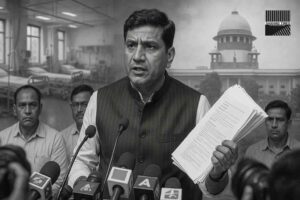
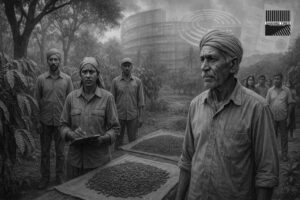


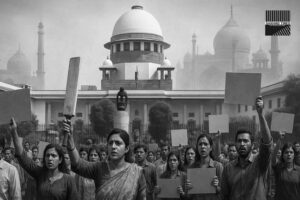

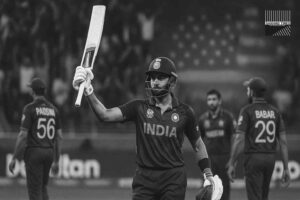



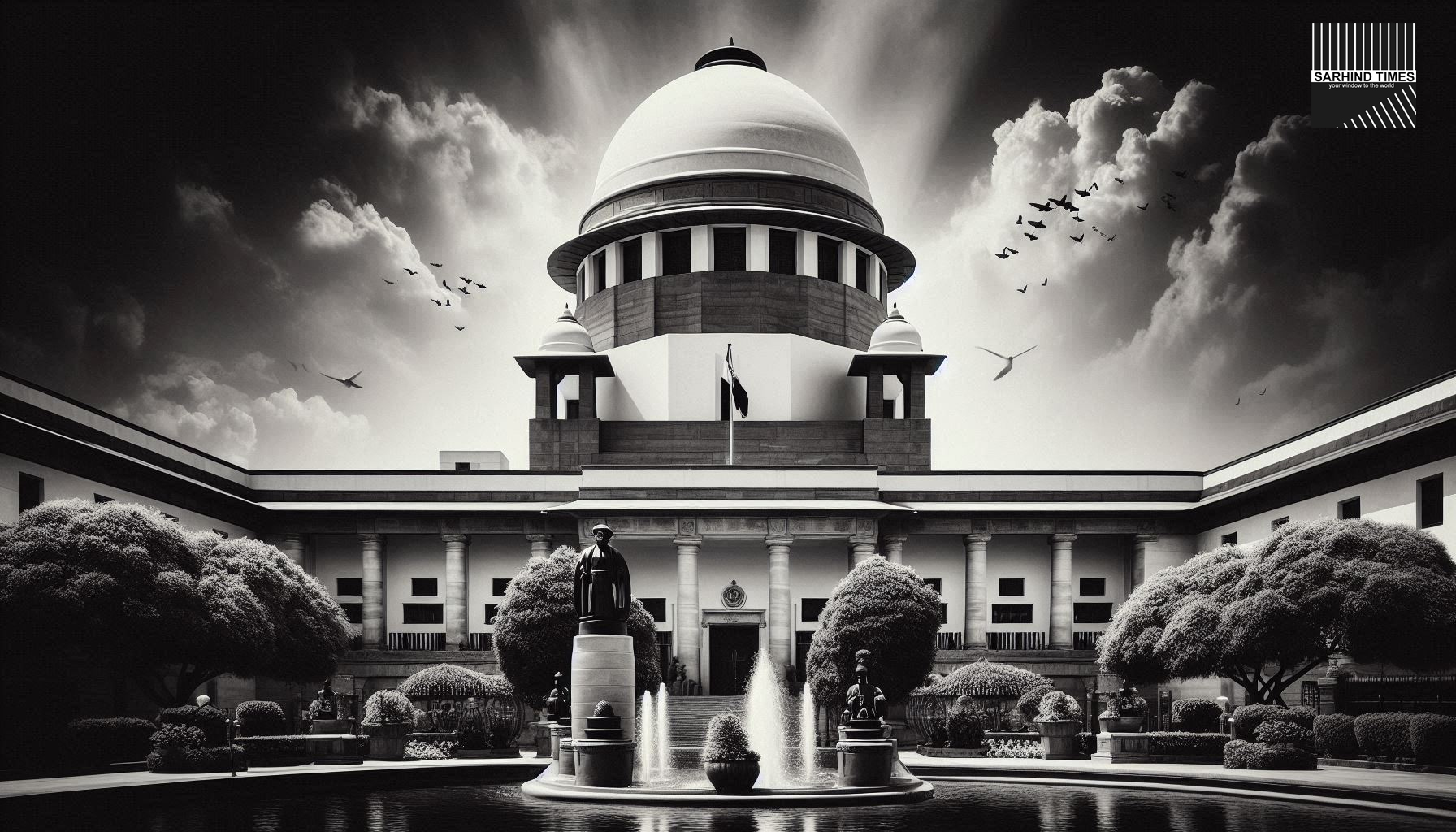
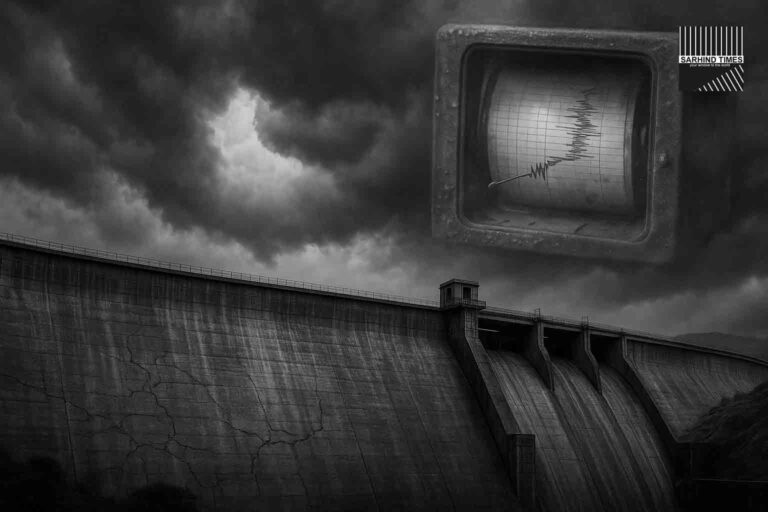
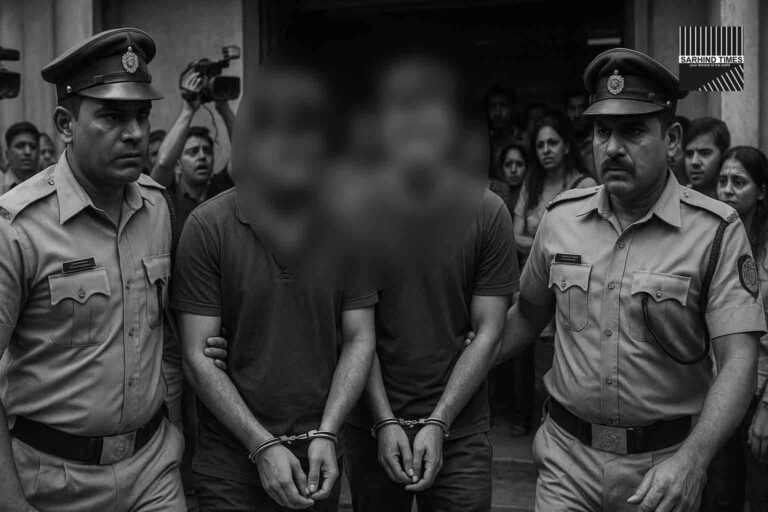
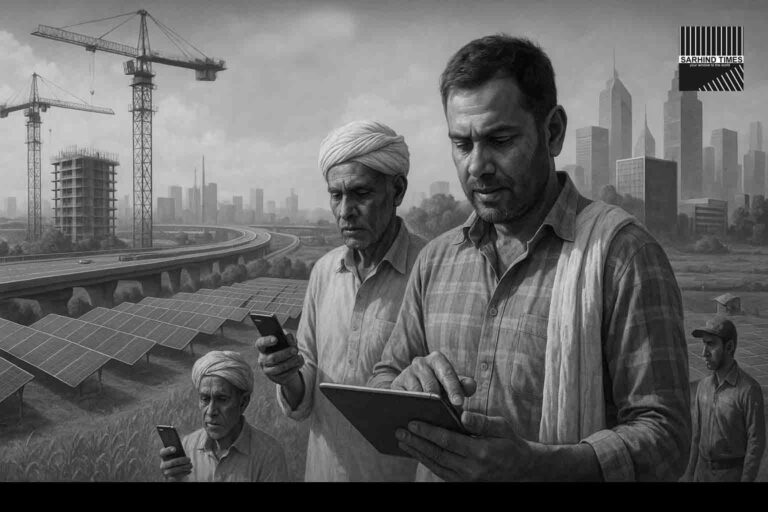
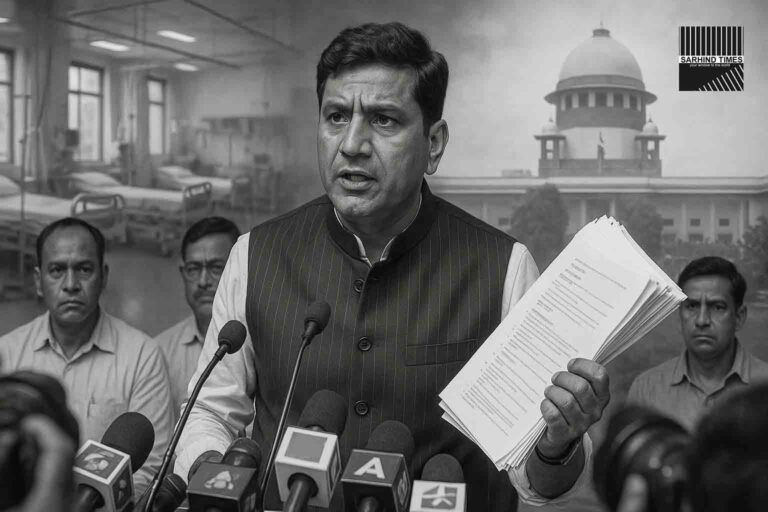
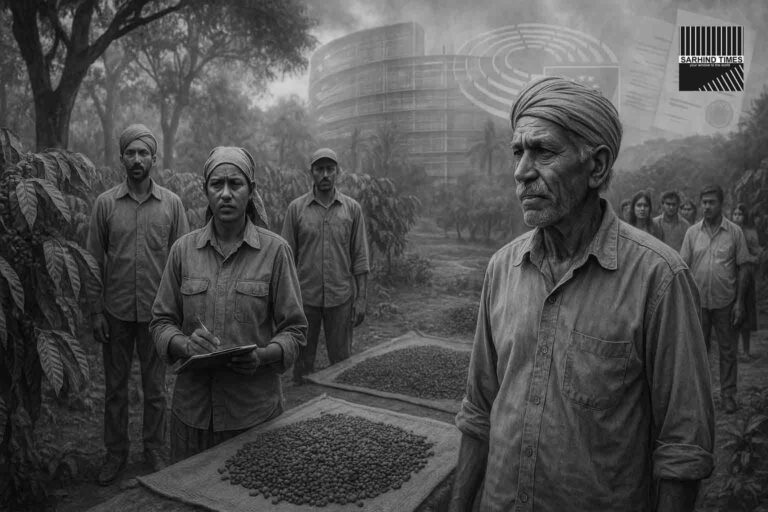


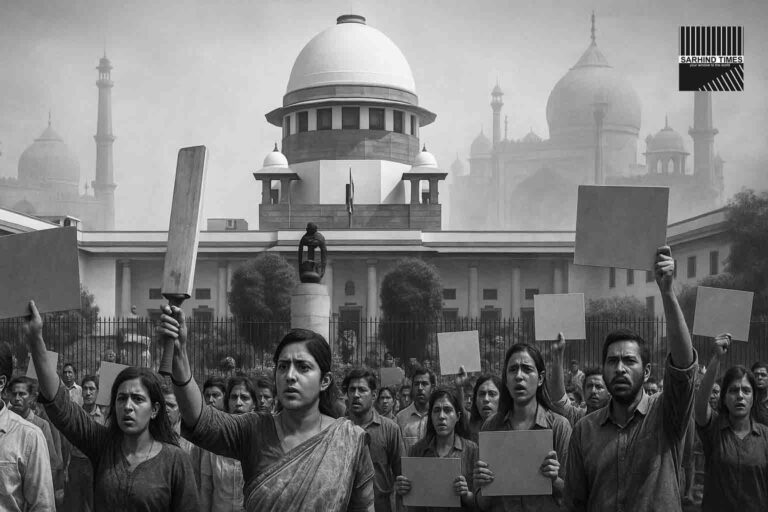
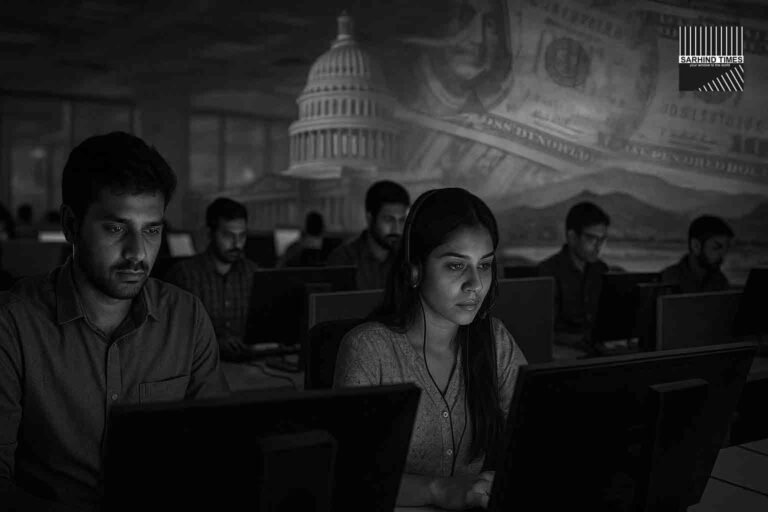
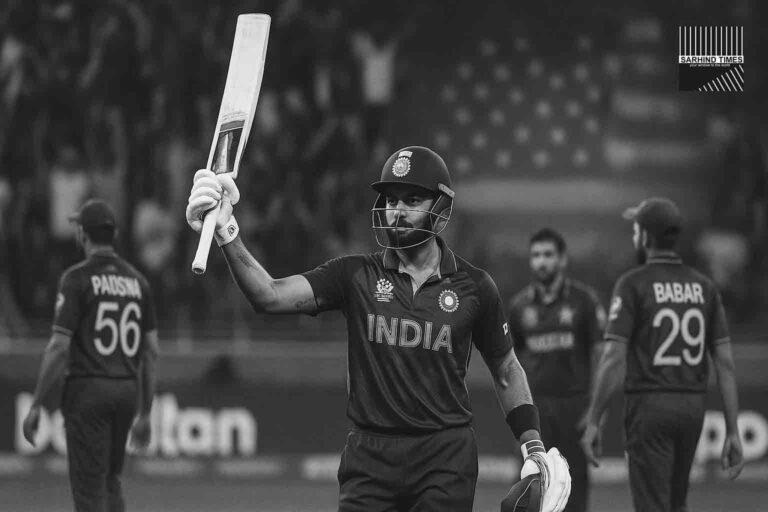
+ There are no comments
Add yours